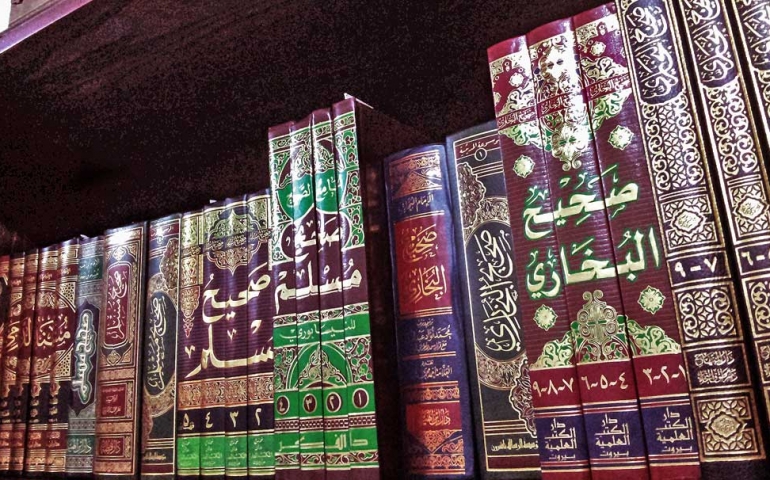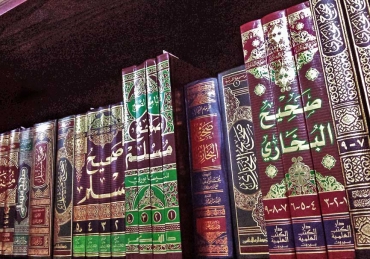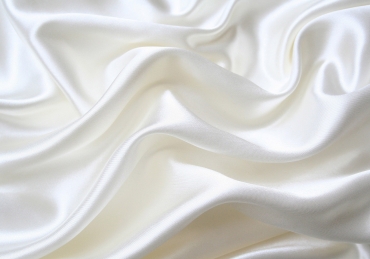Commentaries and useful books for Muqaddimah of Ṣaḥīḥ Muslim
Question
Which books are good to use when studying the Muqaddimah (preface) of Ṣaḥīḥ Muslim?
بسم الله الرحمن الرحیم
Answer
There are many commentaries of the Muqaddimah in Arabic and Urdu which I have listed in my Arabic commentary on the Muqaddimah. The most beneficial ones are:
- Ikmāl al-Muʿlim of Qāḍī ʿIyād (d. 544/1149).
- The commentary of Ṣaḥīḥ Muslim by Imam Nawawī (d. 676/1277) and his introduction to the commentary. Imam Nawawī has incorporated most of Qāḍī ʿIyād’s commentary.
- The introduction to Imam Muslim and his Ṣaḥīḥ, as well as notes on the Muqaddimah by our respected teacher Muḥaddith al-ʿAṣr Mawlānā Muḥammad Yūnus Jownpūrī (d. 1438/2017), published in the third volume of al-Yawāqīt al-Gāliyah. These notes are invaluable and should be used in conjunction with Imam Nawawī’s commentary.
- Qurrat ʿAyn al-Muḥtāj fī Sharḥ Muqaddimat Ṣaḥīḥ Muslim ibn al-Ḥajjāj, by Shaykh Muḥammad ibn ʿAlī ibn Ādam al-Ityūbī (b. 1365/1946-7). This two-volume book is the most comprehensive commentary on the Muqaddimah with commentary on each word. Apart from our Shaykh’s works, it has incorporated all the main commentaries on the Muqaddimah including Fatḥ al-Mulhim and al-Ḥall al-Mufhim by Mawlānā Rashīd Aḥmad Gangohī (d. 1323/1905). It has also incorporated some useful discussions on Uṣūl al-Ḥadīth not found in the other commentaries. Thus, it is useful to get acquainted with the ḥadīth sciences. In addition, detailed profiles of every narrator in the Muqaddimah is included which is useful to get acquainted with the science of Asmāʾ al-Rijāl and character discernment. The disadvantage is that the commentary is lengthy, nevertheless, it is a beneficial resource.
- Fatḥ al-Mulhim by ʿAllāmah Shabbīr Aḥmad ʿUthmānī (d. 1369/1949). The general introduction to the commentary is beneficial to get acquainted with the sciences of ḥadīth. However, the actual commentary of the Muqaddimah is predominantly based on the earlier commentaries. In the very few places where there is something new, Shaykh Ityūbī’s commentary and our Shaykh’s notes have incorporated this.
- There are several Urdu commentaries. The most beneficial one appears to be Niʿmat al-Munʿīm by Shaykh Niʿmatullāh of Darul Uloom Deoband. It is generally advised to use Arabic commentaries and primary sources. Nevertheless, sometimes Urdu commentaries that are based on Durūs (lessons) have gems not found in the normal commentaries.
Apart from this, there are the general Uṣūl al-Ḥadīth books which should be used. For profiles of narrators, consult Tadhdhīb al-Kamāl, Tahdhīb al-Tahdhīb, Taqrīb al-Tahdhīb, Mizān al-Iʿtidāl, Lisān al-Mīzān and similar books. Al-Kamāl has also been published recently. Always try to refer to the earlier and original sources, this has become much easier with the availability of books.
Allah knows best
Yusuf Shabbir
16 Rajab 1439 / 2 April 2018
Approved by: Mufti Shabbir Ahmed and Mufti Muhammad Tahir
Note: You may also benefit from the durūs of Shaykh Muḥammad Yūnus Jownpūrī (d. 1438/2017) which are available on this link: http://islamicportal.co.uk/shaykh-muhammad-yunus-jownpuri-speeches/.




![[New Book Release] An Expositive Treatise on the Six Fasts of Shawwal](https://islamicportal.co.uk/wp-content/uploads/2017/05/Six-Fasts-of-Shawwal-Cover-e1520263292882-370x259.jpg)
Tadrib al-Rawi editions